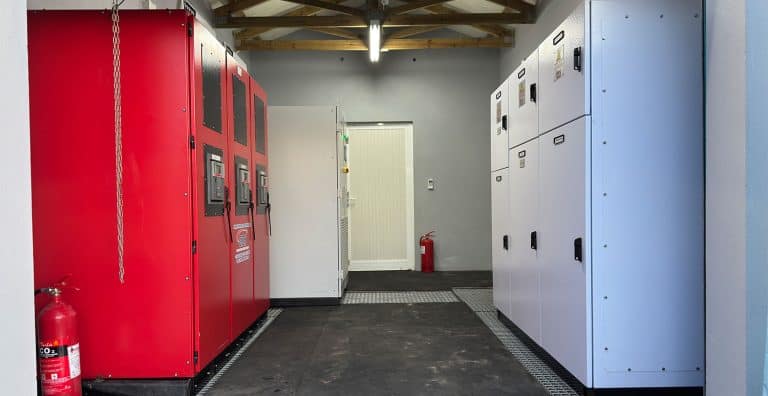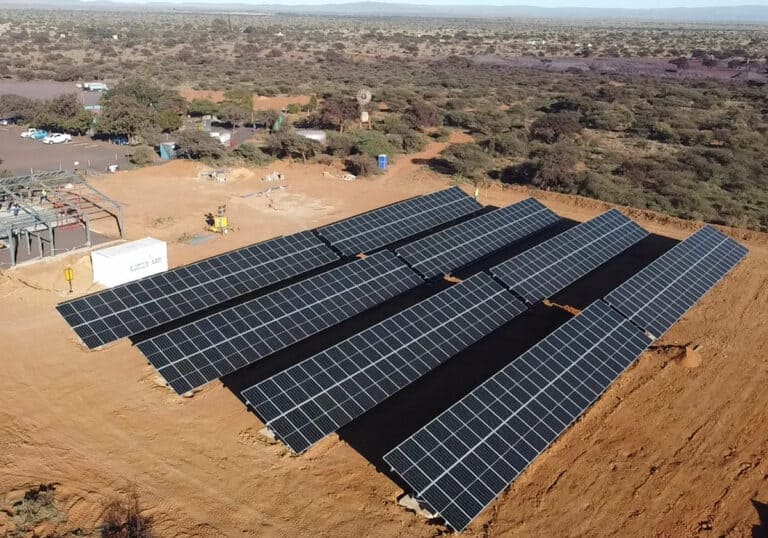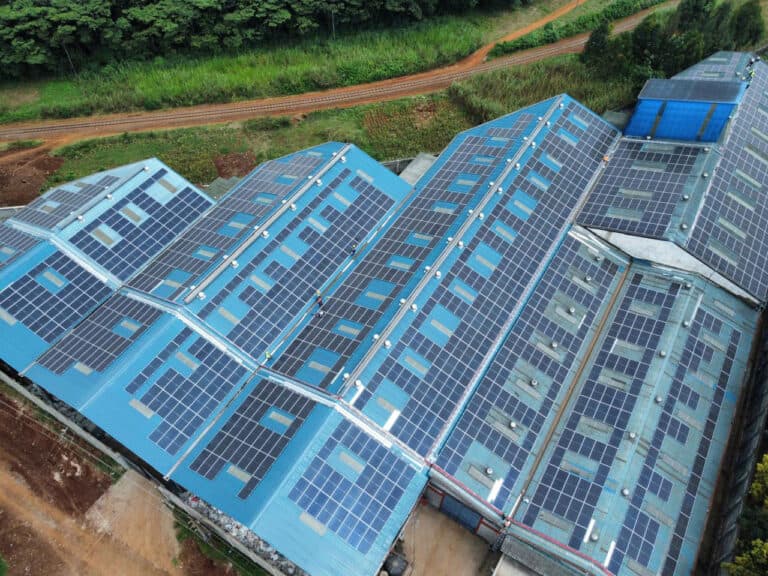The Cape Town International Convention Centre (CTICC) hosted the South Africa International Resources Summit – 2015 (SAIREC2015) on Monday, 5 October, 2015.
The program enabled South Africa to interact sustainable ideas with countries from across the continent and the world.
South Africa is ready to build on the successes of Germany, China, USA, the United Arab Emirates and India.
Minister of Energy, Tina Joemat-Petterson is delighted to announce the renewability plans for the country, in particular, the Northern Cape region. The introduction of solar energy can increase the economic market, create jobs, increase the GDP, sustain and renew resources.
By 2030, the Northern Cape will have reached the estimated target of 5000 Megawatts of solar power energy grids across the province. The statement results in a curious statement aimed at beginning no later than of 2019.
Renewable resource corporates are excited by the news, as it is an opportunity to reach extensive sustainability figures, not just in the Northern Cape, but in South Africa and Africa as a whole.
According to the Chair of the Renewable Energy Policy Network for the 21st Century (REN21), Arthouros Zervos, there’s been a rising awareness worldwide of renewable energy efficiency, and how critical it is on addressing climate change and new economic opportunities.
He further added, there’s just over 1 billion people in the world who remain without electricity. Projects such as the power procurement policy mentioned by Tina Joemat-Petterson should be embraced on a global scale. This has attracted significant investment in renewable energy, particularly solar power energy in Africa.
The hottest country in Africa is recorded to be Ethiopia, spanning an average of 33.9*C throughout the year.
South Africa is a fairly cool country, although a province such as Limpopo can shine up to 35*C in summer.
Solar energy companies had their pens, paper and Tweets piling up, as a sustainable amount of productive news was shared: to grow a helping hand for communities, to grow their businesses and to reduce, reuse and recycle energy.




